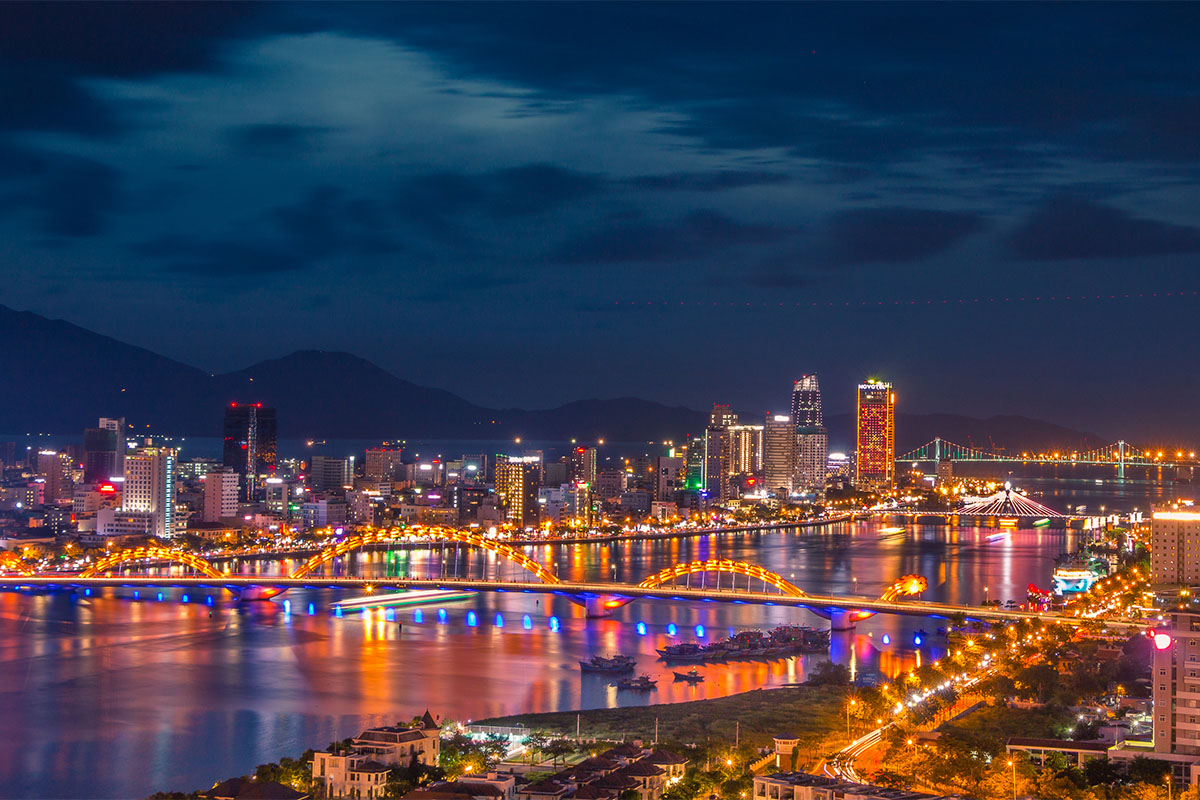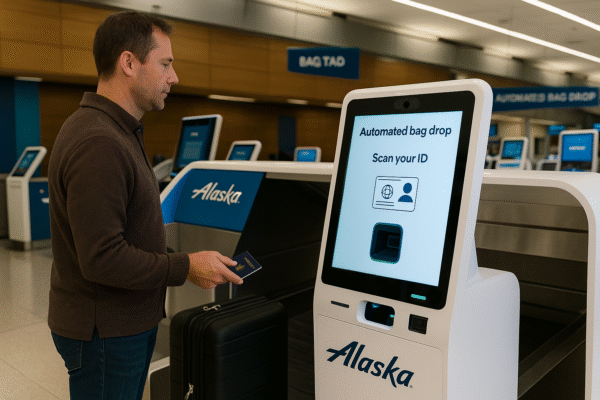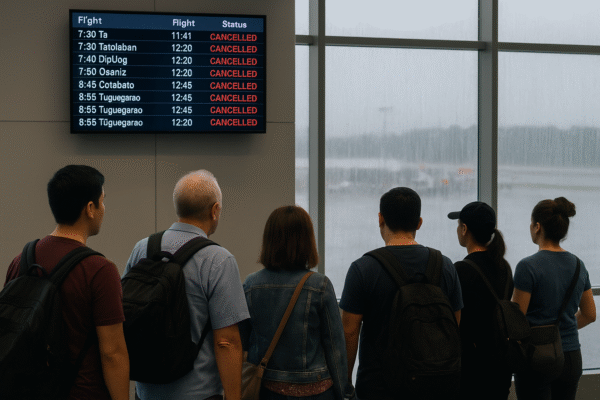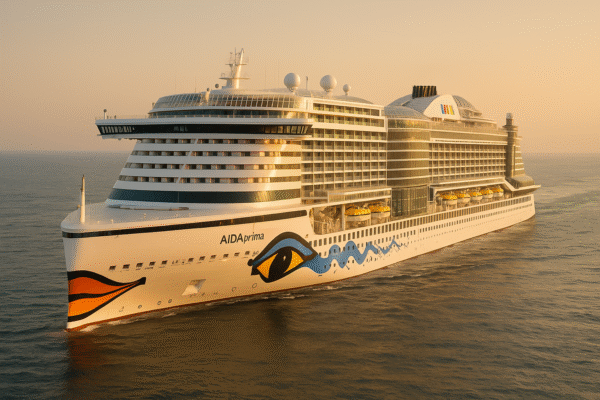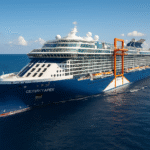In a major blow to the United Arab Emirates’ winter cruise tourism sector, AIDA Cruises has officially canceled all planned sailings for the 2025–2026 Middle East season, citing growing regional security concerns. The German cruise operator, a longtime fixture in the Arabian Gulf, announced the redeployment of its flagship vessel, AIDAprima, to safer waters in Northern Europe and the Canary Islands.
This strategic shift marks the end of nearly two decades of uninterrupted AIDA itineraries departing from UAE ports such as Dubai and Abu Dhabi. The announcement affects all voyages scheduled between October 3, 2025, and March 25, 2026, which were initially intended to explore the Persian Gulf and neighboring destinations like Doha.
Rising Security Concerns Across Key Maritime Corridors
AIDA’s withdrawal is directly linked to heightened geopolitical instability and maritime security threats across the Middle East, particularly in the Red Sea and Persian Gulf. The region has witnessed increased naval operations, drone attacks, and shipping disruptions in recent months, sparking concerns across the cruise industry.
While AIDA Cruises refrained from naming specific incidents, the shipping community has grown wary of the security situation in key transit zones such as the Bab el-Mandeb Strait and the Suez Canal. According to maritime tracking data and international security bulletins, several commercial vessels have already been forced to reroute via the Cape of Good Hope — a significantly longer and costlier path that undermines the reliability of cruise schedules and port logistics.
As noted by the UAE-based Department of Tourism and Commerce Marketing, Dubai welcomed nearly 900,000 cruise passengers in the 2023–24 season. The absence of AIDA Cruises, one of its regular winter visitors, will undoubtedly affect projected tourism revenues for the upcoming season.
AIDAprima Redirected to Northern Europe and Canary Islands
In response, AIDA Cruises has confirmed that AIDAprima will instead operate seasonal voyages in the Northern European and Atlantic cruise markets. The ship will homeport in Hamburg and Kiel, offering guests scenic itineraries through the North Sea, Baltic Sea, and popular destinations in Norway, Denmark, Sweden, and the United Kingdom.
Additionally, AIDAprima will sail to the Canary Islands — including Tenerife, Gran Canaria, and Lanzarote — offering sun-seeking cruisers a warmer alternative to the Middle East. These routes are expected to draw strong interest from German and northern European travelers looking for culturally rich yet secure travel options.
The shift aligns with recent trends in the European cruise industry, where travelers are prioritizing destinations closer to home due to global uncertainty and climate-related travel concerns. AIDA’s modern vessel, which boasts environmentally friendly propulsion systems, expansive wellness areas, and extensive family-friendly amenities, is well suited for both colder climates and longer voyages.
Support for Affected Passengers and Travel Advisors
To support travelers impacted by the UAE cancellations, AIDA Cruises is offering a 10% Future Cruise Credit (FCC) on top of full refunds or rebooking options. Guests may choose to apply the FCC toward new itineraries offered by AIDAprima or other vessels in the AIDA fleet, valid through 2027.
Direct communication has been initiated with all affected guests, and AIDA-affiliated travel agents have received updated guidelines to assist with seamless rebooking processes. According to AIDA, this flexible policy reflects a commitment to maintaining customer loyalty during a turbulent period in international travel.
End of an Era for AIDA in the Middle East
Except for the brief suspension during the COVID-19 pandemic, AIDA Cruises has continuously operated winter sailings from UAE ports for nearly 20 years. Its presence helped shape Dubai and Abu Dhabi into winter cruise tourism hotspots, offering European travelers an escape to the sun-drenched cities of the Gulf.
Cruises typically featured immersive cultural excursions, desert safaris, and access to some of the region’s most iconic landmarks such as the Burj Khalifa and the Sheikh Zayed Grand Mosque. With AIDA’s exit, that stream of tourism is likely to dwindle, at least temporarily.
The decision is also emblematic of a broader recalibration within the global cruise industry. Several operators have begun re-evaluating their deployments in geopolitically sensitive regions, shifting focus toward more secure and operationally stable routes.
Looking Ahead: Cruise Industry Adapts to a Volatile World
AIDA Cruises’ move reflects a pragmatic and forward-thinking approach to fleet management. By prioritizing safety and operational consistency, the company ensures it can continue delivering high-quality cruise experiences even under challenging global conditions.
Moreover, the redeployment offers an opportunity to tap into new markets during off-peak periods. With Northern European sailings typically concentrated in summer months, extending AIDAprima’s presence into the shoulder seasons may attract a broader demographic of travelers and expand AIDA’s appeal outside its traditional customer base.
As global uncertainty reshapes travel planning, adaptability remains key. For now, AIDA Cruises is steering clear of the Middle East — but not away from its mission to provide unforgettable, safe, and seamless journeys at sea.
For more travel news like this, keep reading Global Travel Wire

